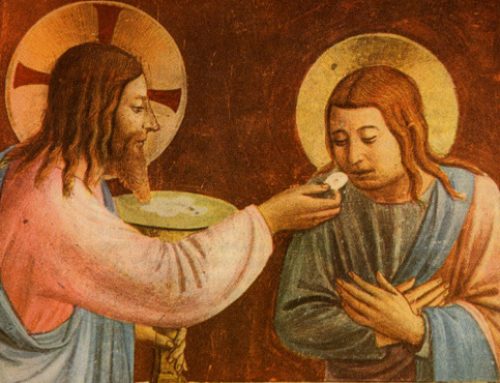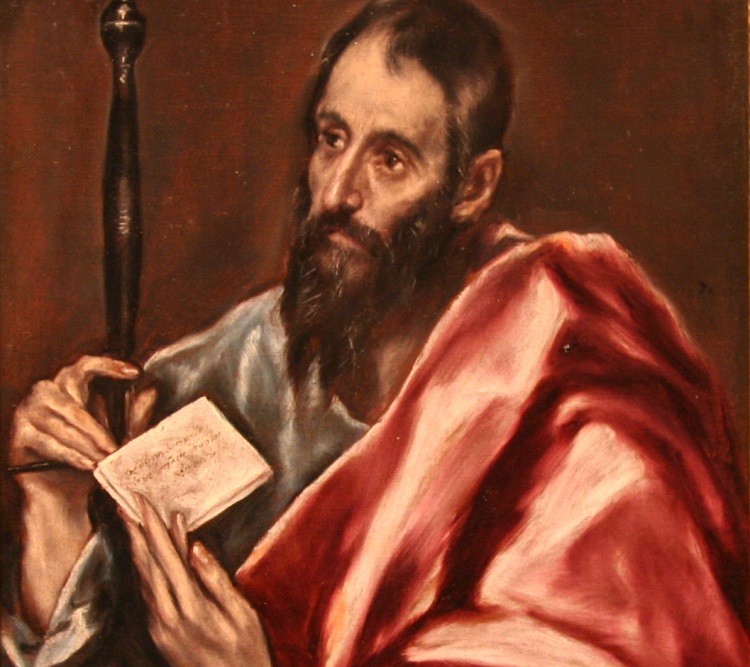Benedict XVI says Martin Luther’s doctrine on justification is correct, if faith “is not opposed to charity.”
He noted that Paul’s conversion experience on the road to Damascus “changed his life radically: He began to regard all his merits, achievements of a most honest religious career, as ‘loss’ in face of the sublimity of knowledge of Jesus Christ.”
“It is precisely because of this personal experience of the relationship with Jesus that Paul places at the center of his Gospel an irreducible opposition between two alternative paths to justice: one based on the works of the law, the other founded on the grace of faith in Christ,” the Pope Emeritus explained. “The alternative between justice through the works of the law and justice through faith in Christ thus becomes one of the dominant themes that runs through his letters.”
But in order to understand this Pauline teaching, Benedict XVI affirmed, “we must clarify what is the ‘law’ from which we have been freed and what are those ‘works of the law’that do not justify.”
He explained: “Already in the community of Corinth there was the opinion, which will return many times in history, which consisted in thinking that it was a question of the moral law, and that Christian freedom consisted therefore in being free from ethics.[…] It is obvious that this interpretation is erroneous: Christian liberty is not libertinism;the freedom of which St. Paul speaks is not freedom from doing good.”
Instead, the Pope Emeritus said, the law to which Paul refers is the “collection of behaviors extending from an ethical foundation to the ritual and cultural observances that substantially determined the identity of the just man — particularly circumcision, the observance regarding pure food and general ritual purity, the rules regarding observance of the Sabbath, etc.”
These observances served to protect Jewish identity and faith in God; they were “a defense shield that would protect the precious inheritance of the faith,” he remarked.
But, Benedict XVI continued, at the moment of Paul’s encounter with Christ, the Apostle “understood that with Christ’s resurrection the situation had changed radically.”
“The wall — so says the Letter to the Ephesians — between Israel and the pagans was no longer necessary,” he said. “It is Christ who protects us against polytheism and all its deviations; it is Christ who unites us with and in the one God; it is Christ who guarantees our true identity in the diversity of cultures; and it is he who makes us just. To be just means simply to be with Christ and in Christ. And this suffices. Other observances are no longer necessary.”
And it is because of this, the Bishop of Rome continued, that Luther’s expression “by faith alone” is true “if faith is not opposed to charity, to love. Faith is to look at Christ, to entrust oneself to Christ, to be united to Christ, to be conformed to Christ, to his life. And the form, the life of Christ, is love; hence, to believe is to be conformed to Christ and to enter into his love.”
“Paul knows,” he added, “that in the double love of God and neighbor the whole law is fulfilled. Thus the whole law is observed in communion with Christ, in faith that creates charity. We are just when we enter into communion with Christ, who is love.”




Leave A Comment
You must be logged in to post a comment.